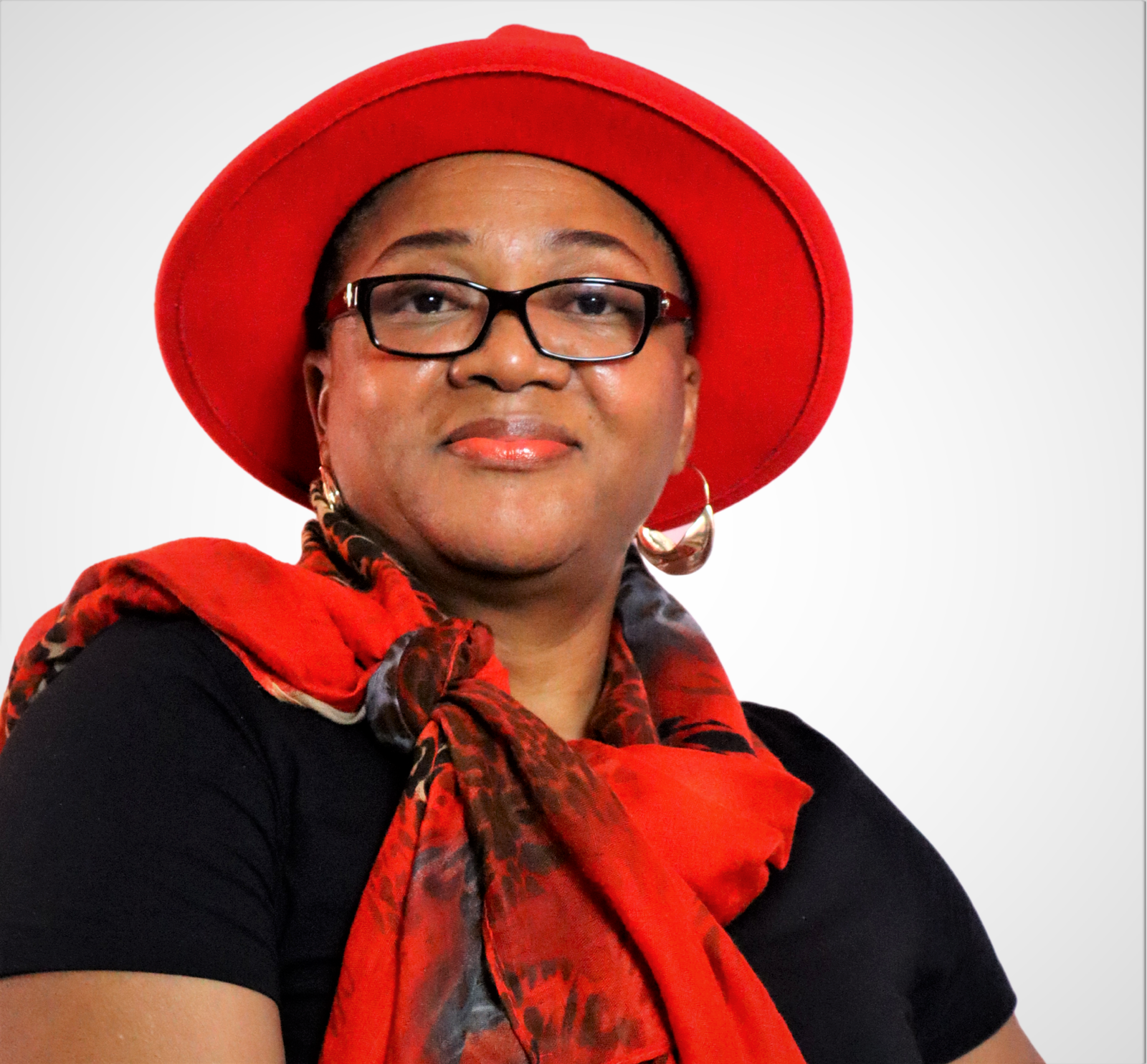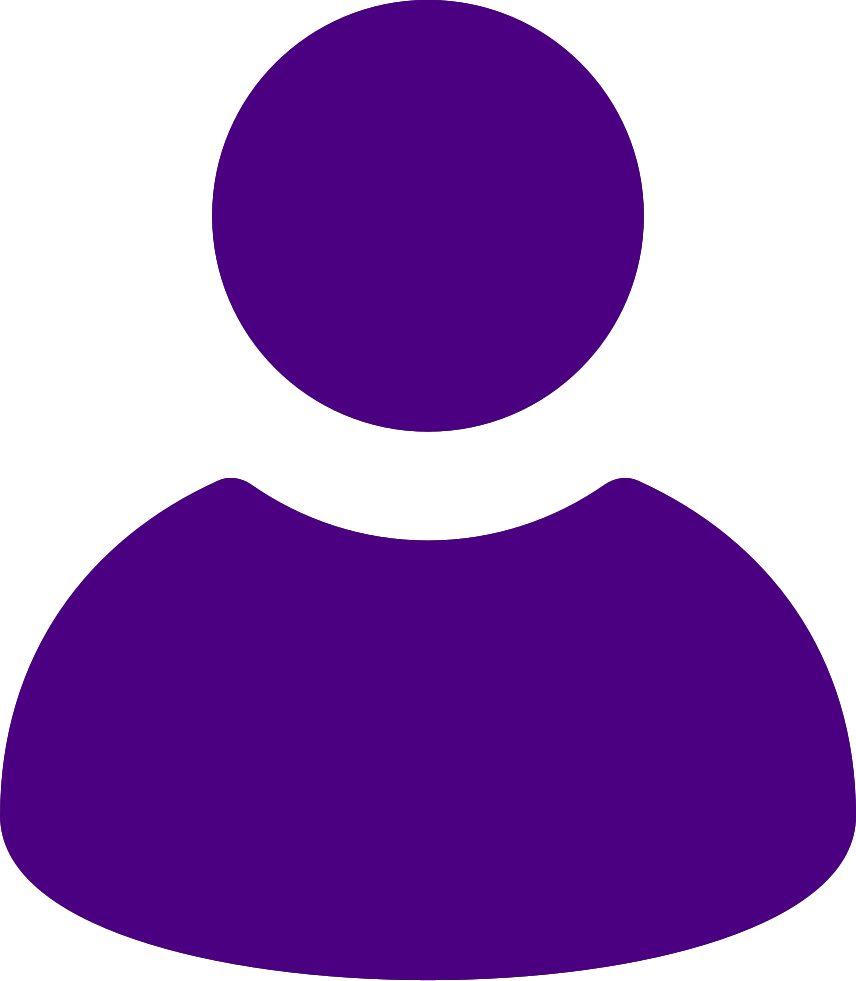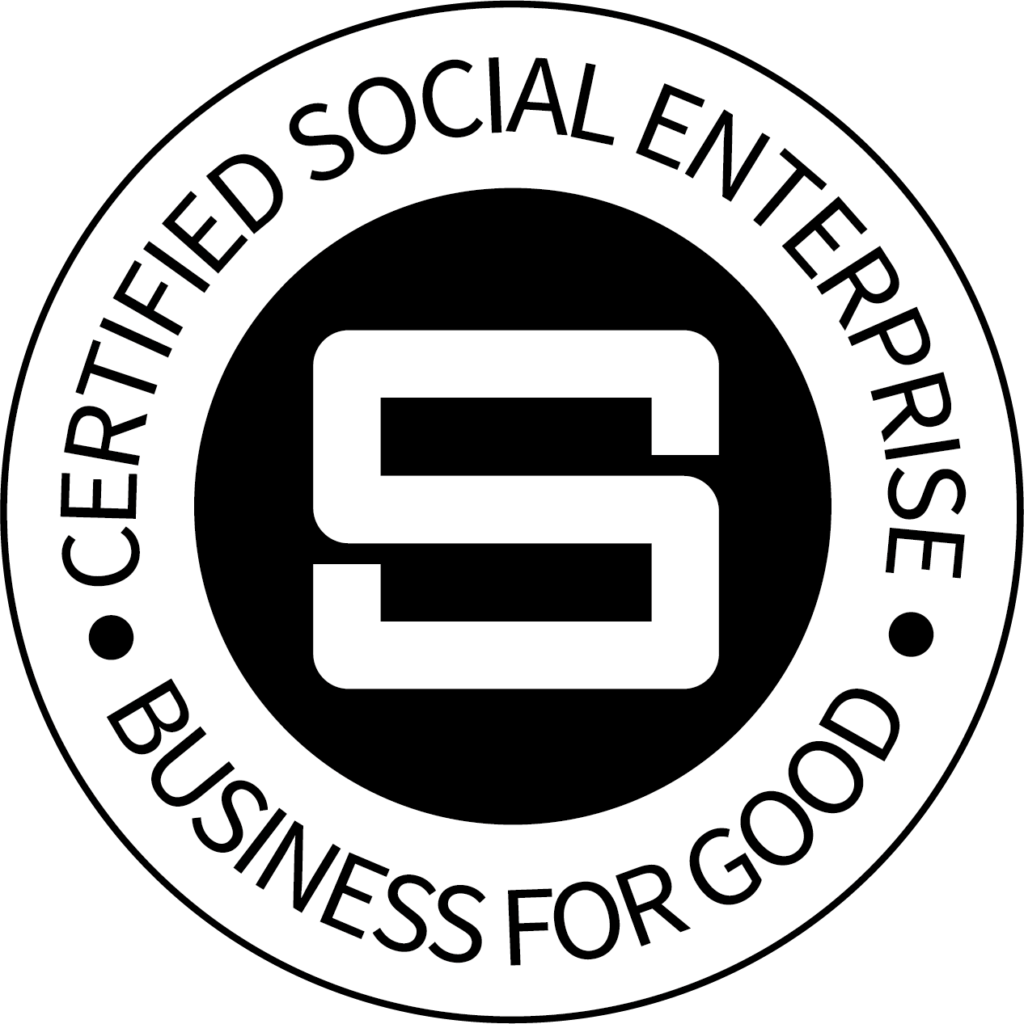Our vision
Where we are going

To make London a place where all children, young people and adults have access to develop the digital skills and competencies they need to participate in the digital economy and society through accessible and equitable experiences, training, mentoring and support.
Our mission
How we will get there

By fostering the development of digital skills and personal resilience. We will achieve this by bringing digital and personal development experiences to children, young people and adults in London who are at risk of being digitally marginalised due to socioeconomic status, age, ethnicity, gender, disability or other personal circumstances. We aim to facilitate digital participation and empowerment and thereby foster social mobility.
Our values
Our ethos as we go

1. Inclusivity: We strive to create an inclusive environment where everyone, regardless of background or circumstances, has access to digital skills and opportunities.
2. Empowerment: We believe in empowering individuals to reach their full potential by providing them with the necessary digital skills and support to thrive in the digital age.
3. Accessibility: We strive to make digital learning accessible to all, removing barriers and ensuring that everyone has the opportunity to benefit from our programmes and resources.
4. Collaboration: We value collaboration and partnerships, recognising that working together with other organisations and stakeholders is essential to achieving our mission and goals. Collaborative learning is also very much a part of our programmes.
5. Continuous Learning: We believe in lifelong learning and encourage individuals to embrace learning opportunities to adapt and thrive in an ever-changing digital landscape. This is why we support individuals of all ages and life stages.
Our work aligns with the following UN SDGs:

To end poverty in all its forms everywhere
Target 1.2: To reduce at least by half the proportion of men, women and children of all ages living in poverty in all its dimensions according to national definitions.
Target 1.5: To build the resilience of the poor and those in vulnerable situations and reduce their exposure and vulnerability to … economic, social and environmental shocks and disasters.

To ensure inclusive and equitable quality education and promote lifelong learning opportunities for all.
Target 4.4: To substantially increase the number of youth and adults who have relevant skills, including technical and vocational skills, for employment, decent jobs and entrepreneurship.

To promote sustained, inclusive and sustainable economic growth, full and productive employment and decent work for all.
Target 8.3: To … support productive activities, decent job creation, entrepreneurship, creativity and innovation.
Target 8.5: To facilitate … full and productive employment and decent work for all … including for young people and persons with disabilities.
Target 8.6: To substantially reduce the proportion of youth not in employment, education or training.
Our Approach
A.R.I.S.E.

Our 5-part capacity-building framework underpins all our programmes, products, services and events and guides our partnerships.
The following 5 elements can be found in dynamic interaction in all we do.
Awareness
Our awareness- supporting activities aim to create knowledge and understanding, such as what digital skills are, how to acquire them, what digital career opportunities exist, how to access them, what specific digital roles entail, what school subjects are relevant and how to map a career journey. We have our fingers on the pulse of our communities and tailor our delivery to respond to their questions and needs.
Examples of ‘Awareness’ in our delivery model can be found in our Digital Ambassador Programme, Digital Assemblies, Digital Days and our Digital Media Maker Programme.
Representation
These aspects of our delivery aim to present our patrons with people in circumstances similar to theirs who are engaging with and benefiting from digital technologies. Such representation has the power to increase self-efficacy. Self-efficacy leads to motivation. Motivation inspires action. And when armed with awareness and motivation, the chances of sustained action increase.
Our Digital Ambassador and Digital Career Mentorship Programmes provide representation.
Immersion
Immersion involves creating interactive learning environments where our patrons are active participants, engaging with technology rather than merely observing it in use, collaborating with peers and addressing real-world challenges. Immersive learning makes personalisation possible so that each learner has an experience tailored to their needs.
Examples of our immersive experiences are the Digital Media Maker Programme, School events and Work Experience Programme.
Support
We take a holistic approach to education and training, focusing not only on academic achievement and skills acquisition but also on personal growth, development and wellbeing. Our Digital Media Maker Programme includes identity development exercises such as self-exploration and values identification. These are aimed at meeting the target audience’s (8- to 17-year olds) developmental needs for self-awareness, self-efficacy, belonging and autonomy.
Our Educator CPD and curriculum resources provide targeted training and ongoing support. Following on from our skills development programmes we have work experience, coaching and mentoring to continue meeting our patrons’ needs.
Empowerment
With awareness of relevant skills and opportunities, improved self-efficacy and digital confidence, improved digital competencies through immersive learning and holistic support, our patrons develop the agency to help themselves using their digital skills and to participate in the digital economy and society. They are thus empowered for social mobility.
TEKSHAQQ’s Capacity Building Framework has been created by our founder, Dr. Oma Eguara, based on her almost 40-year career as an educator, coach, trainer and mentor, and her doctoral research in Technology Enhanced Learning.
Dr. Eguara’s research explores the use of technology to support engaging learning environments. She has created technology-enhanced learning environments for children, young people and adults in formal, informal and non-formal settings.
Our Team
Directors

Dr. Oma Eguara
Founder, CEO, Learning Designer & Educational Technologist
Dr. Oma Eguara is the CEO and Founder of TEKSHAQQ C.I.C. She oversees the development and day-to-day
running of the enterprise, maintaining integrity with its vision, mission and values.
Oma designs TEKSHAQQ’s
learning experiences and coordinates its use of technology to enhance learning.
Dr. Eguara is a twice-qualified teacher, having qualified first as a Secondary Science teacher in Nigeria in 1986
and again as a Primary Mathematics teacher in the UK in 2015. Since her early days in education, she has
taught every Year Group in Early Years, Primary and Secondary Education as well as lecturing in Further and
Higher Education. Oma has served in school leadership, heading several Mathematics and Science
departments at Primary and Secondary levels. She has also worked in informal and non-formal education as a
trainer, coach and mentor, developing and delivering both in-person and virtual training programmes for
entrepreneurs. Oma holds a B. Ed. (Science/Biology), P.G.C.E with Primary Mathematics, MA in Special and
Additional Learning Needs and a PhD in E-Research and Technology Enhanced Learning. In addition, she is an
educational researcher, published author and a speaker at international educational conferences.

Kenu Edoja
Logistics
Kenu Edoja contributes her expertise in logistics. Aside from her work here at TEKSHAQQ, Kenu works as a Doctor’s Assistant Practitioner in the National Health Service in the field of mental health. In this capacity, she has delivered managed teams and delivered training for nurses. She holds a Bachelor’s degree in Psychology.

Bruba Edoja
Youth Culture
Bruba Edoja provides insight on London’s youth culture and the experiences of Black men and boys in education and employment, including those classified as NEET (Not in Employment, Education or Training). In addition, he contributes insights on navigating the education system with neurodiversity and of work experience and apprenticeship schemes. Bruba has occupied digital roles in sales, marketing and procurement and is presently a market research assistant in the communications industry.
Advisory Board

TBC
Equality, Diversity & Inclusion

TBC
Business, Strategy & Growth

TBC
Legal

TBC
Fundraising & Grant Development

TBC
Community Engagement & Social Strategy

TBC
Safeguarding

TBC
Youth Voice

TBC
Governance & Compliance
Recognition

Social Enterprise UK
TEKSHAQQ is verified by Social Enterprise UK, a membership body for businesses with a social purpose. This means that we are committed to supporting a fairer economy and a more sustainable future for all.

People and Planet First
TEKSHAQQ has been verified by the Social Enterprise World Forum, because of its international relationship with Social Enterprise UK, and found to be a genuine social enterprise based on the criteria used by SEWF:
- Purpose: The enterprise exists to solve a social and/or environmental problem.
- Operations: The enterprise prioritises purpose, people and planet over profit in operational decisions.
- Revenue: The enterprise has a self-sustaining revenue model or is working towards one.
- Use of Surplus: The enterprise reinvests the majority of surplus towards its purpose.
- Structure: The enterprise has chosen legal structures and financing that protect and lock-in purpose long term.
SEWF has verified TEKSHAQQ on the basis of the certification process with Social Enterprise UK, which aligns with the criteria listed above.
TEKSHAQQ is hereby recognised as a People and Planet First Verified Social Enterprise provided it maintains its status as a Certified Social Enterprise Member of Social Enterprise UK.
-Social Enterprise World Forum

Good Market Approval
Good Market is home to over 3,000 enterprises in over 100 countries with a social purpose.
TEKSHAQQ is verified by Good Market as one such business working to “create a 21st century economy that is good for people and good for the planet.”
This verification means that we meet Good Market’s minimum standards for enterprises in education.
These are:
- Prioritising people and planet over short term profit;
- Having a sustainable strategy beyond a one-time project or event;
- Developing knowledge, values, and skills that support social and environmental responsibility;
- Promoting social inclusion and equitable access to information, services, and opportunities
- Does not exacerbate existing social divides.

